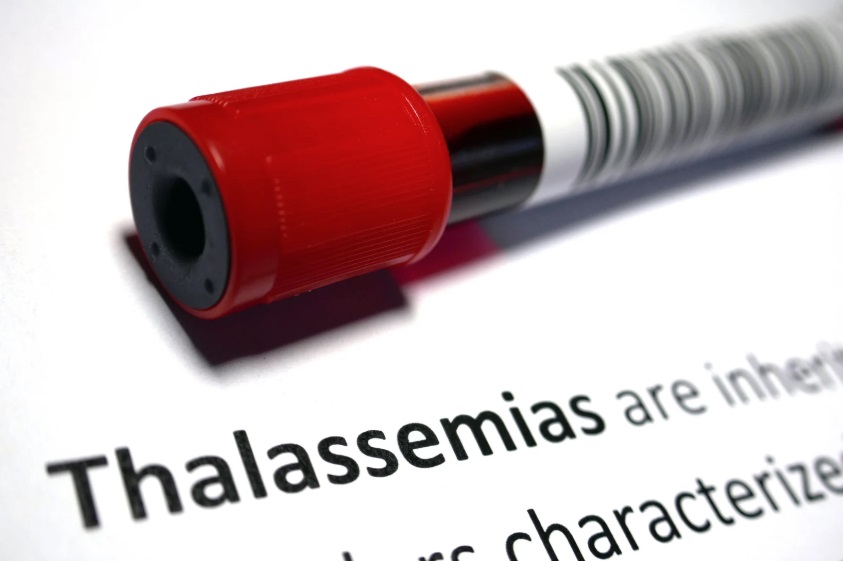
Thalassaemia is an inherited blood disorder that affects haemoglobin production. Haemoglobin is responsible for carrying oxygen in red blood cells. This condition leads to anaemia, which varies in severity depending on which globin chain is affected.
In adults, haemoglobin consists of α-chains and β-chains:
Thalassaemia is more prevalent in Mediterranean, Asian, and African populations. It is an autosomal recessive disorder, meaning both parents must be carriers for a child to inherit the disease.
✅ Thalassaemia Minor – Few or no symptoms, typically does not require treatment.
✅ Thalassaemia Major – Severe anaemia, requiring lifelong blood transfusions and treatment.
Early detection is crucial. Diagnosis includes:
✔️ Blood tests – Assess haemoglobin levels and red blood cell abnormalities.
✔️ Genetic testing – Identifies carriers and risk factors for passing on the condition.
✔️ Family history assessment – Helps determine potential hereditary transmission.
✅ Preimplantation Genetic Diagnosis (PGD) is a reproductive technology that allows couples to select healthy embryos during IVF treatment.
✅ Genetic counseling helps families make informed decisions and understand the risks of passing on the condition.
If you or your partner are carriers of thalassaemia, fertility treatments with genetic testing can help prevent transmission. At Sakalli IVF, we integrate advanced genetic screening into our fertility services.
✔️ Accurate Screening – Identifies carriers and at-risk embryos.
✔️ Informed Family Planning – Provides couples with safe reproductive options.
✔️ Personalized Fertility Care – Tailored treatments to support healthy pregnancies.
Don’t leave your family’s health to chance. Contact Sakalli IVF today to learn how genetic testing and IVF can help you have a healthy baby.
Copyright © Sakalli IVF. All rights reserved